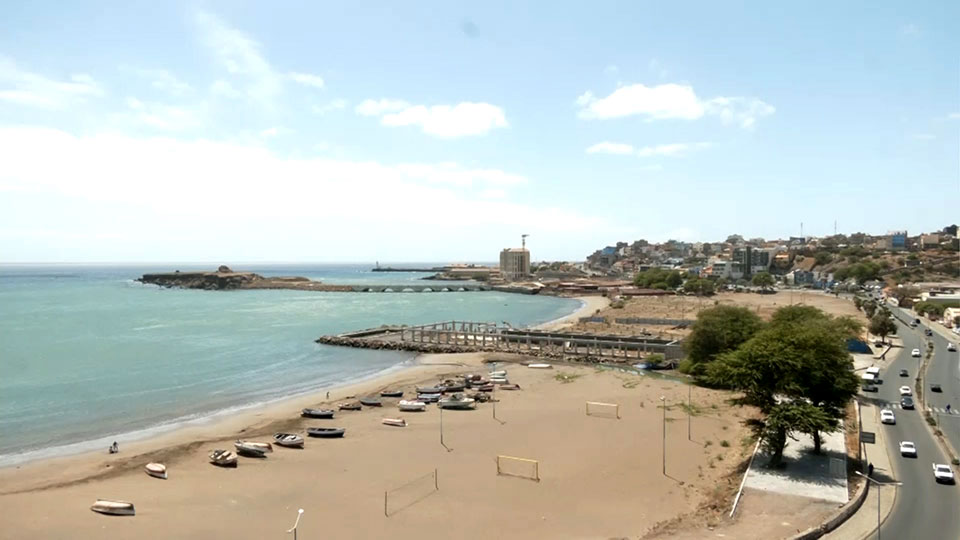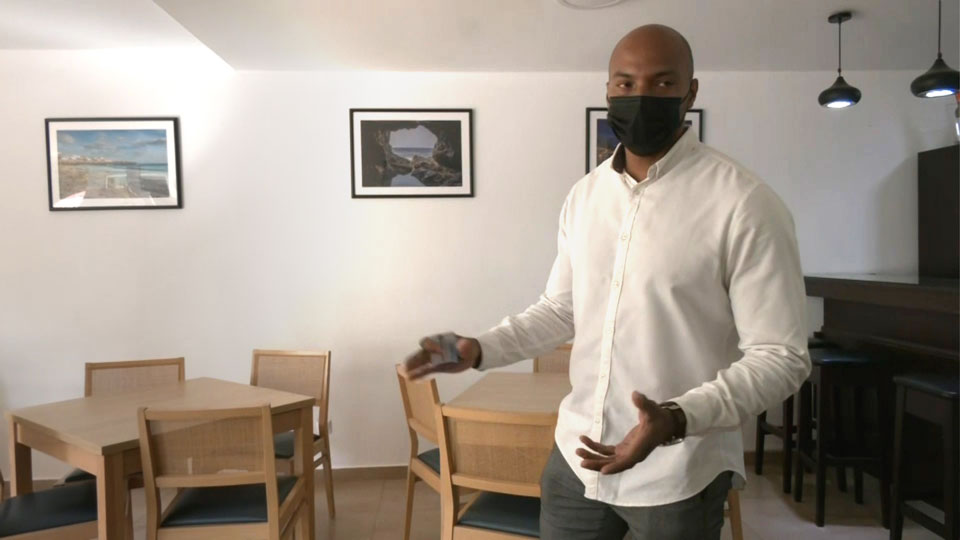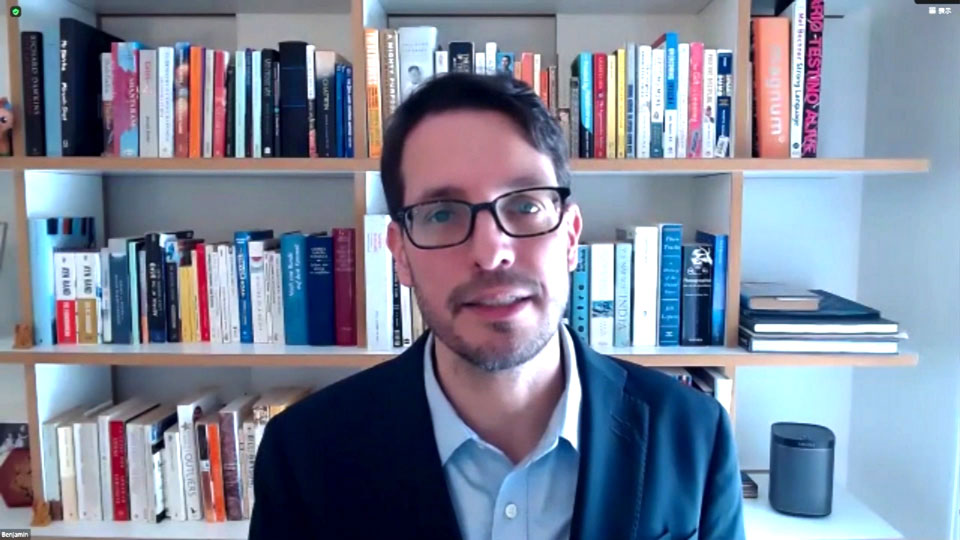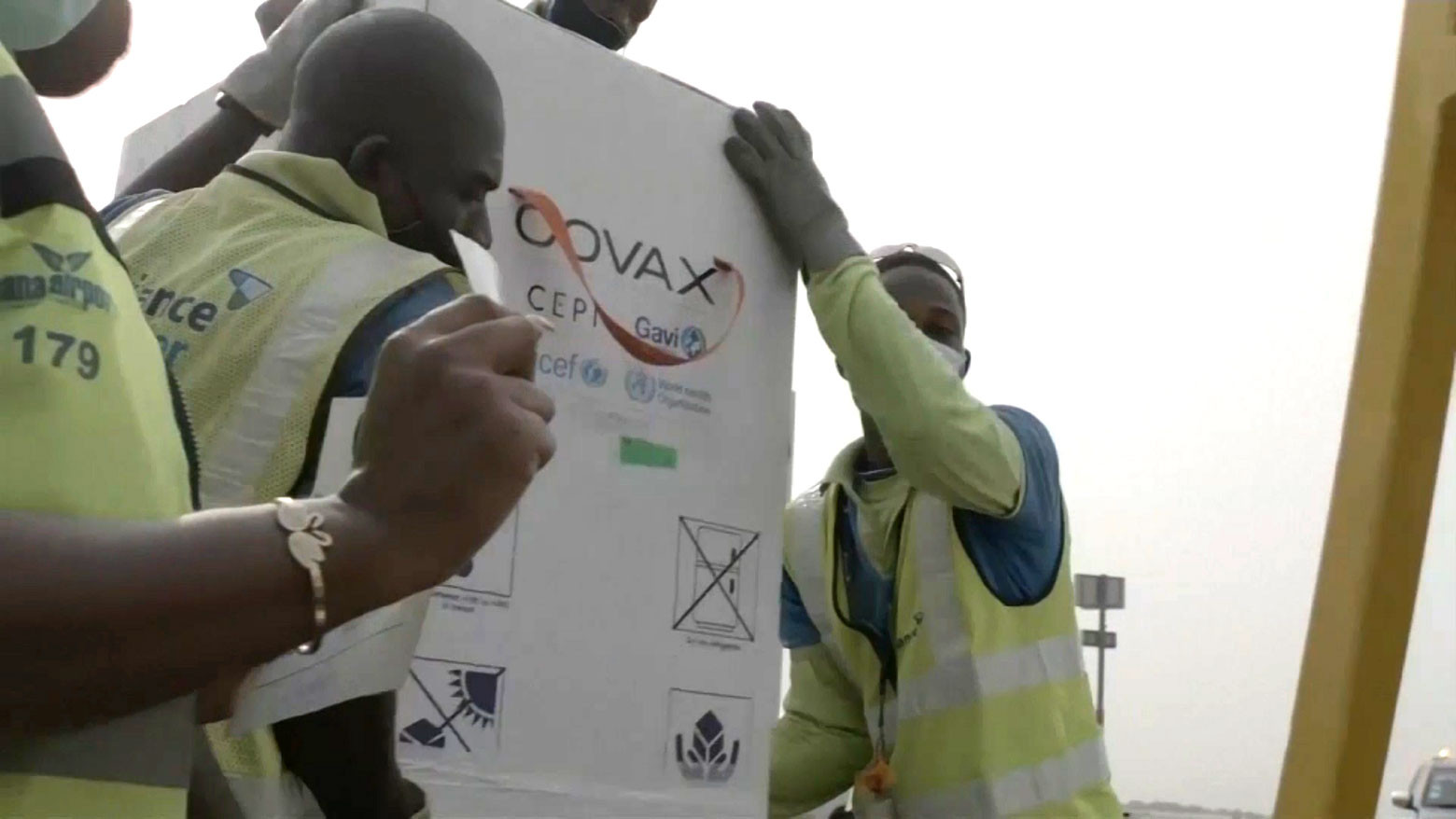“Today is the culmination of many months of planning, research, negotiation, and coordination,” WHO Director-General Tedros Adhanom Ghebreyesus posted on Twitter. He said the arrival of 600,000 doses in the West African country was “a day to celebrate, but it’s just the first step,” and called for greater cooperation between national governments and drug makers.
Slow progress
The program has encountered problems in its early stages. Cabo Verde, a country made of 10 islands off the western coast of Africa, plans to vaccinate 60% of its population by 2023. The first shipment of the Pfizer vaccine, accounting for almost 6,000 doses, was due in February, but did not arrive until March 14.
“Every day, we are demanding clarification regarding the schedule for the submission of the vaccines,” Jorge Barreto, director of the country’s health ministry, told NHK on March 2. But he added that while the process could be implemented more smoothly, he accepts the delay since vaccines are not easy to ship. “We have to be patient to allow us to have the products in very good condition to be properly used with safety and efficacy.”

The delay is having a serious effect on the tourism industry, one of the pillars of the country’s economy. Bino Santos runs a hotel in Praia. He spent about one million euros on renovations back in 2008 and has seen business increase ever since. But last year, sales plummeted by 90% after the country closed its borders due to the pandemic.
“It’s a bit disappointing when you see that other countries have started the vaccination process,” Santos says. “The countries that are suffering the most are countries that depend on tourism, so maybe we should've started this process a little bit earlier.”

Rich nations get lion’s share
But according to Benjamin Schreiber, Deputy Chief of UNICEF's global immunization program, COVAX is not the problem. He says delays come down to the simple fact that it is very difficult to properly handle vaccine shipments.
“Even in the high-income countries, we've seen delays in the rollout,” Schreiber says. “It's not super easy, basically. As we provide these vaccines to some of these countries that don’t have very strong health systems, these countries will also face some difficulties.”
Schreiber says the biggest challenge is the establishment of a system to transport and properly store the doses. The Pfizer vaccine, for example, which is included in the WHO’s Emergency Use Listing, must be stored at ultra-low temperatures. Experts say it loses its effectiveness without proper temperature management.
UNICEF has arranged for the use of 40,000 solar-powered refrigerators in developing nations that were originally installed to store vaccines for pneumonia and other diseases. But this infrastructure is insufficient for a program that aims to deliver vaccines to every corner of these countries.

COVAX says it has already secured nearly 2 billion doses for medical workers and vulnerable people. But the speed of procurement has not been matched by deliveries, and the framework is facing a severe shortage of vaccines. Healthy young people in wealthy countries are being vaccinated before medical workers and the elderly in developing ones, a situation that Schreiber says cannot be allowed to continue.
“It's morally unacceptable that only rich countries get vaccines,” he says. “Every person needs to be protected, and especially the healthcare workers on the frontline that support the people. They need to be protected globally.”




